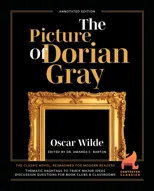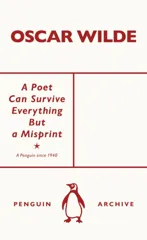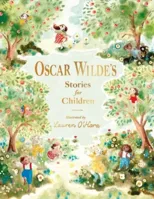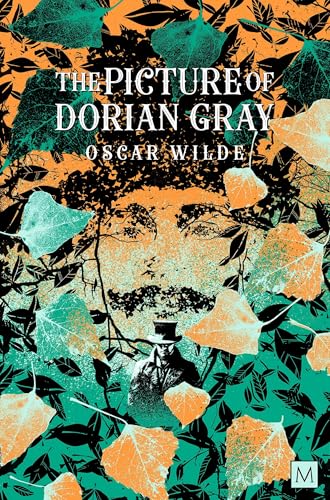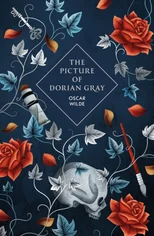The Portrait of Mr W.H.
Annotated Edition
(Author) Oscar WildeDuring a conversation about literary forgeries, Erskine tells his young guest that he has received – as a legacy from a friend, the Cambridge scholar Cyril Graham –what is purported to be an Elizabethan portrait. The painting depicts a beautiful young man in late-sixteenth-century costume, whom Graham believed to be Willie Hughes, a boy actor serving in Shakespeare's company. This revelation prompts Erskine's guest to delve deeper into the mystery surrounding the real identity of the dedicatee and the inspiration of Shakespeare's Sonnets, with unforeseen consequences. Far from being a dry exposition of a literary theory, The Portrait of Mr W.H. – which the author himself described as one of his “early masterpieces” – is an engaging and entertaining narrative exploring the intricate facets of trust and betrayal, historical truth and fiction, written with Wilde's trademark dialogical sharpness and stylistic perfection.
Oscar Wilde
Oscar Wilde was an Irish playwright, novelist, and essayist known for his wit, flamboyant style, and sharp social commentary. His most famous works include the play "The Importance of Being Earnest" and the novel "The Picture of Dorian Gray," both of which explore themes of identity, morality, and societal expectations. Wilde's writing is characterized by clever wordplay, satirical humor, and a keen observation of human nature. He was a key figure in the aesthetic and decadent movements of the late 19th century and is considered one of the most important voices in British literature. Wilde's impact on literature can be seen in his subversion of conventional Victorian norms and his pioneering use of irony and paradox.


